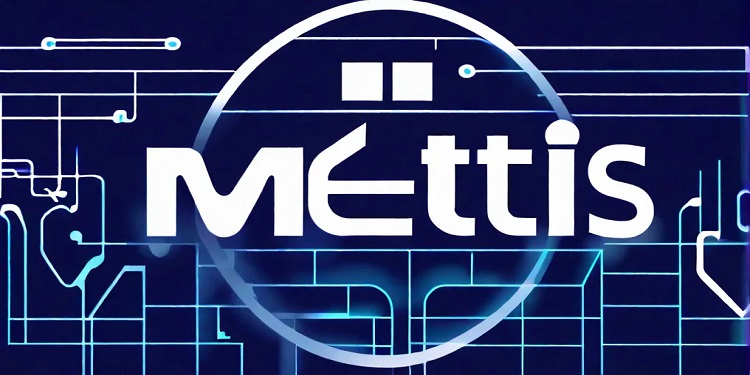Telegram is set to introduce a groundbreaking mini-app store integrated with web3 pages, as announced by Pavel Durov, the company’s founder and CEO. This strategic move marks a significant shift in how the messaging platform engages with blockchain technology and aims to familiarize hundreds of millions of people with blockchain by 2024.
Durov communicated through his Telegram channel that the company is positioning itself at the forefront of this societal transformation. He emphasized that Telegram’s innovations would include a mini-app store and an in-app browser supporting web3 pages. These developments signify Telegram’s dedication to advancing the blockchain ecosystem and integrating it seamlessly within their platform.
The mini-apps within Telegram will be capable of processing payments through a network of 20 different payment providers. This integration is designed to enhance user experience by providing a more versatile and comprehensive set of functionalities within the app. Durov highlighted that this feature would play a crucial role in making blockchain technology accessible to a broader audience.
In an effort to combat fraudulent activities targeting newcomers to the cryptocurrency space, Telegram is enhancing its security measures. One such initiative includes displaying the month of registration and principal country for public accounts, a feature inspired by Instagram. This transparency aims to reduce scams and provide users with more information about account authenticity.
Moreover, Telegram is introducing a system that allows organizations to issue labels for channels through their mini-apps. This development is part of a broader strategy to create a decentralized marketplace for third-party verification. By doing so, Telegram hopes to foster a more transparent and secure environment for its users.
The company’s relationship with the blockchain project Toncoin (TON) has evolved significantly over the years. Originally, Telegram was officially linked with TON, a layer-1 blockchain. However, in 2020, the company distanced itself from the project following a legal dispute with the U.S. Securities and Exchange Commission (SEC). Despite this separation, the technology has continued to thrive under the management of The Open Network, an open-source community of developers.
Interestingly, Telegram’s users still benefit from TON’s capabilities. The platform’s 900 million users can send TON within the app without needing long wallet addresses, streamlining the process and making it more user-friendly. This feature underscores Telegram’s ongoing commitment to integrating blockchain technology in ways that enhance user experience.
In conclusion, Telegram’s introduction of a mini-app store with web3 support represents a significant advancement in the company’s evolution. By integrating blockchain technology and enhancing security measures, Telegram is positioning itself as a pioneer in the digital transformation landscape. The company’s proactive approach to transparency and user safety, combined with its innovative features, is set to redefine the way users interact with blockchain technology, making 2024 a landmark year for both Telegram and its vast user base.









